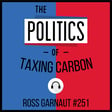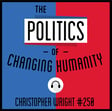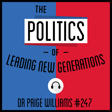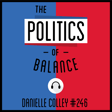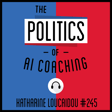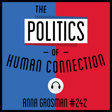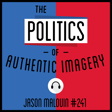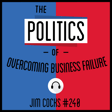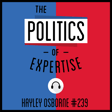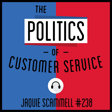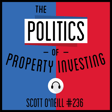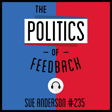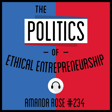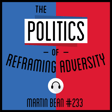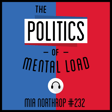
229: The Politics of Emotional Resilience - Dr. Jane Foster
Dr Jane Foster has been a teacher and educator for over four decades, both in Australia and abroad. Throughout her career, she noticed how the pervasive culture of blame, criticism and judgement can be damaging and destructive. This realisation inspired her to establish MYTERN, which has since evolved into Emotional Resilience (ER). In her doctoral research, Jane evaluated the effectiveness of ER with first-year university students, and the results were impressive. It increased students’ psychological well-being, life satisfaction and resilience, whilst decreasing their levels of psychological distress. Her new book aims to share this life-saving skill with a wider audience.We are here to discuss the topic of emotional resilience.
In this podcast, Jane delves into:
1. How can you explain emotional resilience?
2. What are some ways we can become better at it?
3. Do certain people seem to have better ER than others? Explain your view – examples even.
4. Where can we learn these ER skills so we can be happier and more satisfied with our lives more often?
5. Takeaway: What is your final message for us on The Politics of ER?
Connect further:
https://www.itsinyourhandsdrjanefoster.com/
POE LISTENER OFFER: Hey podcaster friends. Please note we have a new updated link for the 30% discount code for my Zencastr offer if you decide to use that platform as your own podcast recording and hosting place – even transcripts and videos included. For a 30% discount on your Zencastr platform subscription and to get podcasting faster, use this VIP Link: http://zen.ai/thepoliticsofeverything30
#madeonzencastr
